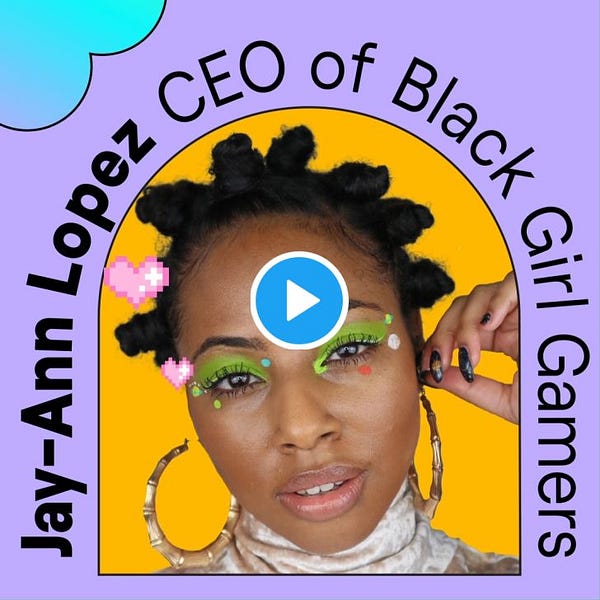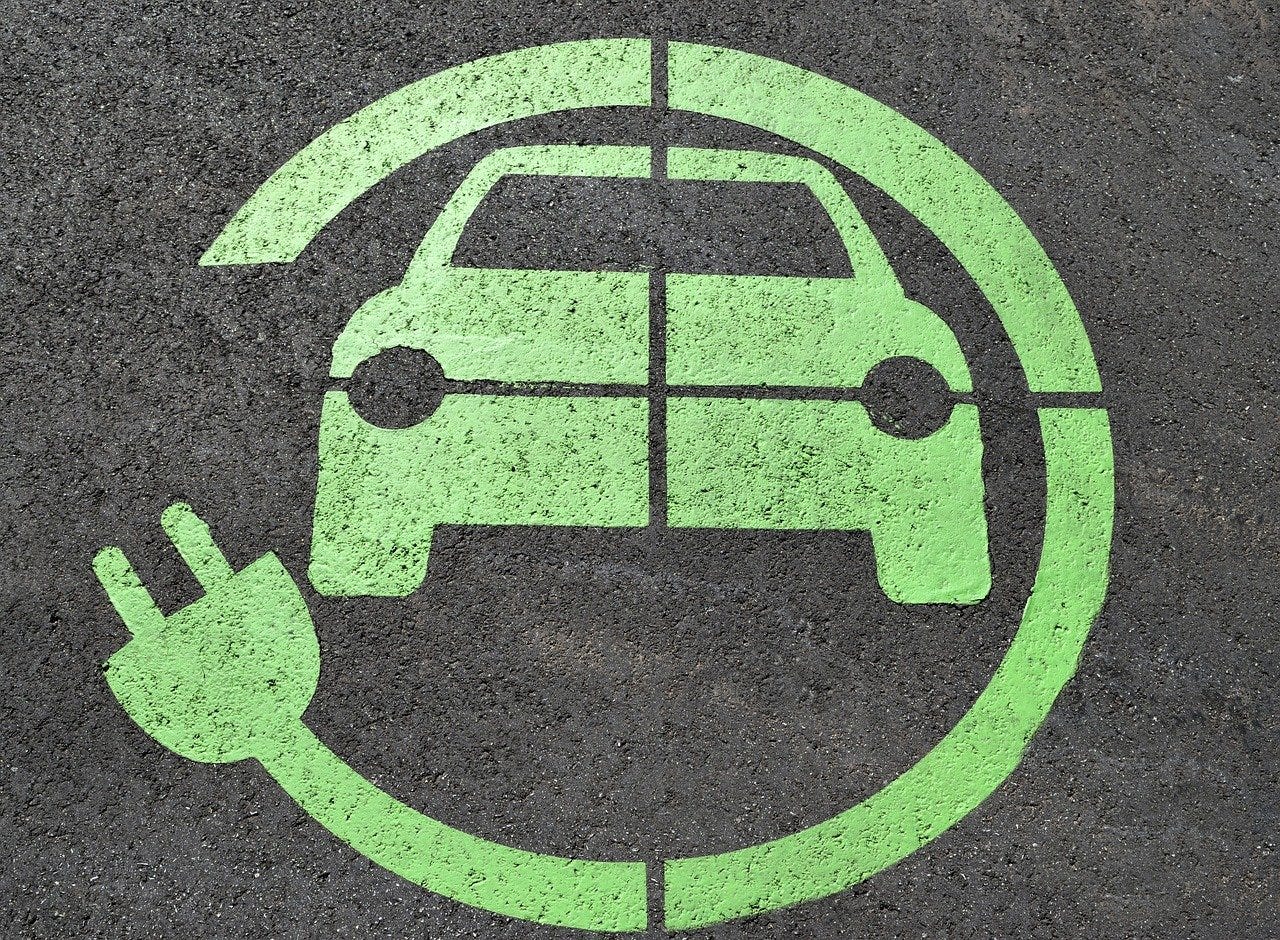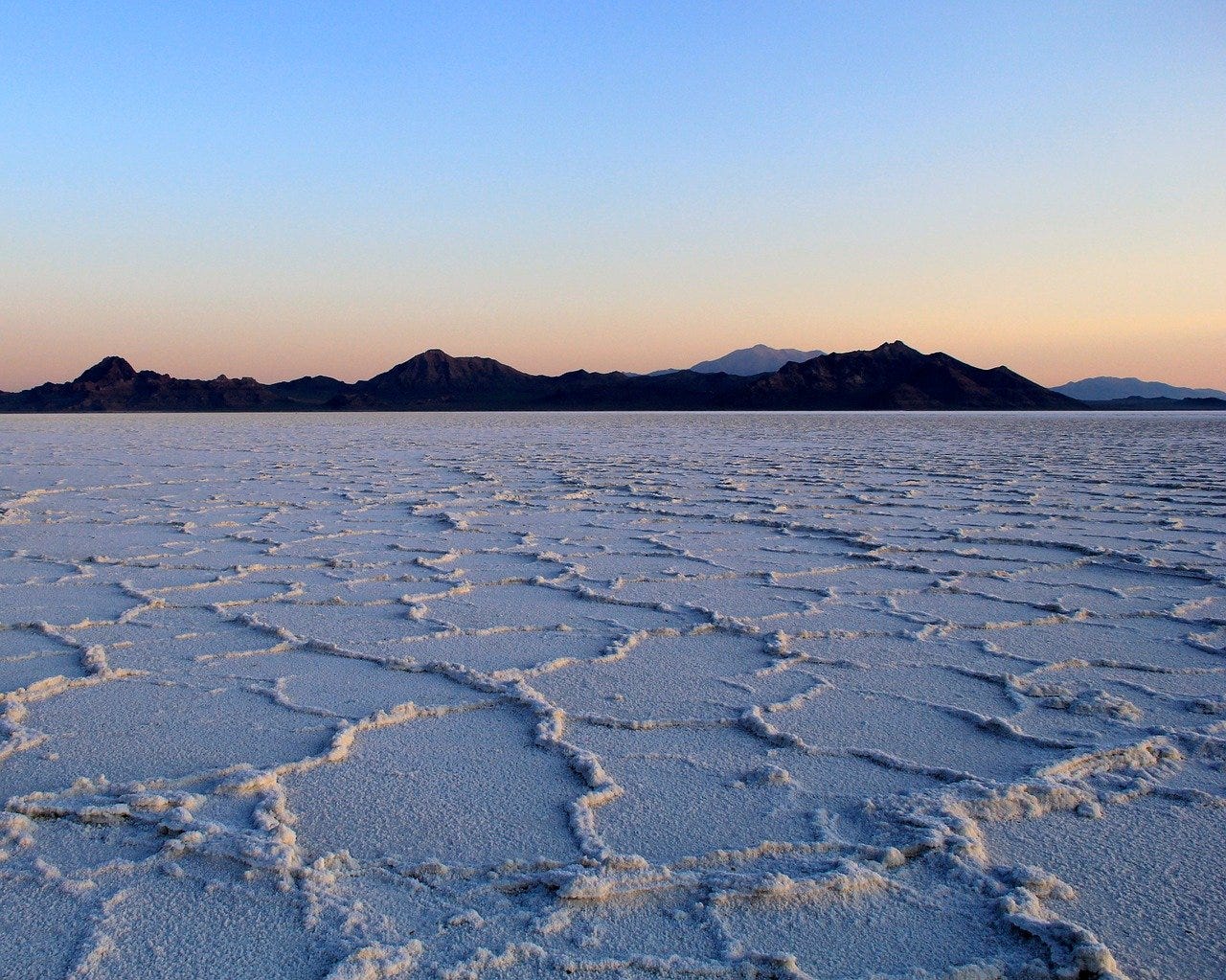Beijing seeks "patriots" for HK, surging demand for lithium and why Twitch should be on your radar
22 - 28 February 2021
Farewell February, hello March! 👋
Thanks for reading! Please feel free to get in touch with your feedback and comments. Remember you can follow the Instagram page for daily news and extra content.
PROVE YOUR LOYALTY
Officials in Beijing and Hong Kong seem to have a favourite word for 2021: patriot.
On 27 January, Chinese President Xi Jinping said “patriots” should govern the SAR (Special Administrative Region) during a video conference with HK’s leader, Carrie Lam.
That sentiment was repeated on 22 February by Beijing’s main representative in the city. According to director Xia Baolong, the electoral system needs reforms based on the principle of patriots ruling the SAR. “Important positions, under any circumstances, cannot be taken up by anti-China forces that disrupt Hong Kong,” he stated.
When asked about those remarks, Lam said the policy isn’t intended to target the pro-democracy camp but instead “suppress some people who forgot their ancestors, who do not know they are Chinese.”


Patriotism was mentioned again the next day. On 23 February, the HK government announced measures to extend the pledge of allegiance requirement to district councillors.
Normally these community-level politicians tackle traffic congestion, rubbish collection and similar hyperlocal issues. However, HK’s district councils are proving to be a headache for Beijing.
In short, even though the CCP has stacked the territory (wherever possible) with its supporters, district councils are directly elected by the public. At the moment, the councillors are overwhelmingly from the pro-democracy ranks following their landslide win amid the protests in 2019. On top of that, these politicians can sway the selection process of HK’s chief executive if it comes down to the wire.
Since HK’s legislative body has no viable opposition, the proposed oath-taking law will be rubber-stamped soon. As a result, refusing to pledge loyalty - or to do so in an “insincere” fashion - will trigger an immediate disqualification.
“You cannot say that you are patriotic but you do not love the leadership of the Chinese Communist Party or you do not respect it - this does not make sense,” a senior minister explained.
But it’s precisely this link between “motherland” and party that’s worrying many voters, activists and foreign entities. Typically, swearing loyalty to a country is completely separate from political affiliation. Yet Beijing’s goal is to ensure devotion to the CCP at all levels of HK’s government and civil service - and maybe the judiciary too.
The emphasis on “patriots” will undoubtedly quash dissent and criticism, further tightening the screws in the wake of the National Security Law. Analysts are betting that a raft of changes will be unveiled when thousands of delegates from China’s parliament, the National People’s Congress (NPC), assemble on 5 March for the start of their annual session.
THE NEW GOLD RUSH
For the world’s top automakers, going ‘green’ isn’t just a fashion trend, it represents a radical transformation of the entire industry.
The transition to a low-carbon economy is prompting the likes of Toyota, Mitsubishi, Nissan, Volkswagen and BMW to accelerate the manufacture of electric vehicles (EVs) or hybrid cars.
Consider some of these recent pledges: Jaguar wants to switch to being all-electric by 2025; Volvo expects 50% of its global sales to come from EVs in the same time frame; and GM says it aspires to totally phase out internal combustion engine by 2035.
As these companies strive to catch up with Tesla and China’s BYD and NIO, demand for lithium is skyrocketing. The reason: Lithium is a crucial component of rechargeable batteries.
Although lithium-ion batteries are already used to power our electronic devices (laptops, mobile phones etc.), analysts say the rapidly expanding fleet of EVs and hybrid cars could spark a ‘white gold’ rush. According to Wired, each Tesla Model S battery has about 12 kg of lithium in it - that’s significantly more than the quantity of lithium found in an iPhone or Samsung tablet.
Currently, Australia, China, Chile and Argentina account for the majority of lithium production. However, many countries are keen to tap their own lithium deposits (the metal is available in abundance) in order to secure consistent domestic supplies and take advantage of rising prices.
For instance, Bolivia and the US are increasing their output, and the EU has approved additional subsidies to develop an EV battery ecosystem, including lithium exploration and refining.
But while the idea of fewer gas-guzzling, smoke-emitting vehicles sounds great, the fact that sourcing lithium comes at an environmental cost is often ignored.
For one, lithium extraction - either through mining or from brine - is extremely water intensive. This is particularly problematic in the arid Andean salt flats, where water has to be pulled from underground reservoirs to create evaporation ponds. Then there’s the risk of water contamination due to toxic chemicals and other waste.
Along with the diversion of water, the destruction of natural habitats and presence of engineering teams are also having a negative impact on indigenous communities in South America’s “lithium triangle”. Their voices aren’t being heard amid the ‘white gold’ boom, argue human rights groups.
Another cause for concern is the lack of recycling. Researchers say less than 5% of lithium-ion batteries in Australia, the US and EU are recycled. At present, recycling lithium is far pricier than getting it out of the ground, which means producers have little incentive to commit to alternative methods.
Sustainable solutions are in the pipeline, though. A Bill Gates-backed fund is among those trying to make the extraction of lithium a cleaner, greener process. The question is whether any experimental technology will be shared before irreparable damage is done.
THE RISE OF TWITCH
Chances are you’ve heard of Twitch in passing or seen its name in your newsfeed. But perhaps you’re not fully aware of the scale and popularity of the platform.
To recap: Twitch is a live-streaming service primarily aimed at gamers. Members can broadcast themselves, or the video games they’re playing, for others to watch as entertainment. Twitch also hosts events and demos of upcoming games as well as e-sports tournaments.
As Investopedia explains, Twitch's business model “works on the addictive appeal of video gaming personalities”. The size of the audience interested in real-time game play with audio commentary is huge and continues to grow.
Quirky and/or charismatic Twitch streamers who build big enough fanbases can earn six-figure incomes through ad revenue, donations and various monetisation options, such as subscriptions, sponsorships and merchandise.
Since Twitch’s acquisition by Amazon in 2014, the platform has become a cultural and digital tour de force. The average viewership at any given moment is 2.5 million and the number of average daily visitors is 30+ million.


Besides gamers, Twitch is now open to professional sports leagues, arts & crafts hobbyists, cooking shows, musical performances and DJ sets (without copyrighted tunes), and different influencers looking for side hustles, like ‘sleep streaming’.
Even politicians are taking notice. US congresswoman Alexandria Ocasio-Cortez famously made her Twitch debut last October. She played Among Us while encouraging viewers to register to vote. AOC then returned to the platform in January to discuss her thoughts on the GameStop/Reddit trading drama.
Unsurprisingly, Twitch’s success has spurred YouTube, Vimeo and Facebook to enhance their products. The battle for talent and eyeballs is certainly heating up - e.g. wrestling star Ronda Rousey signed an exclusive deal with Facebook Gaming.
But, as things stand, Twitch is still the undisputed champion of the live-streaming services (outside of China). [N.B. Netizens in the PRC use Huya, DouYu, YY Live etc.]
Catch you next week. Stay curious, Sara x






